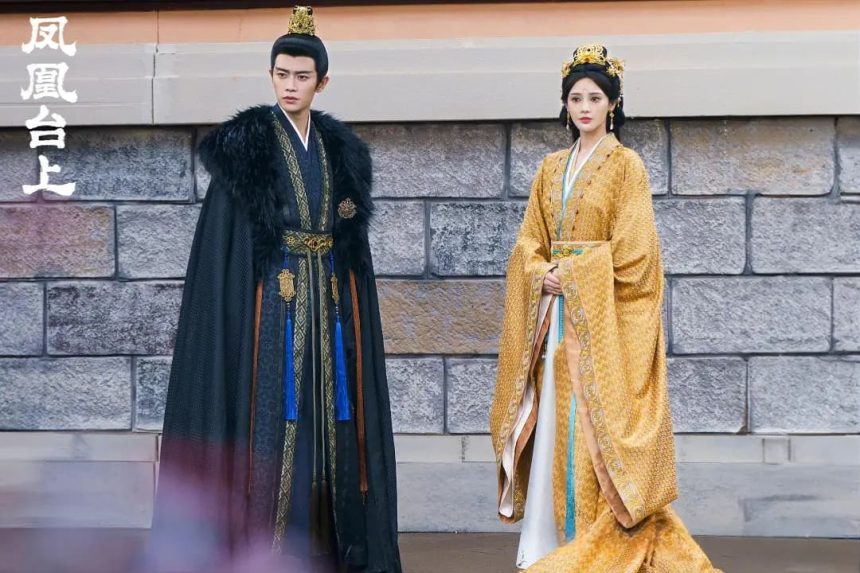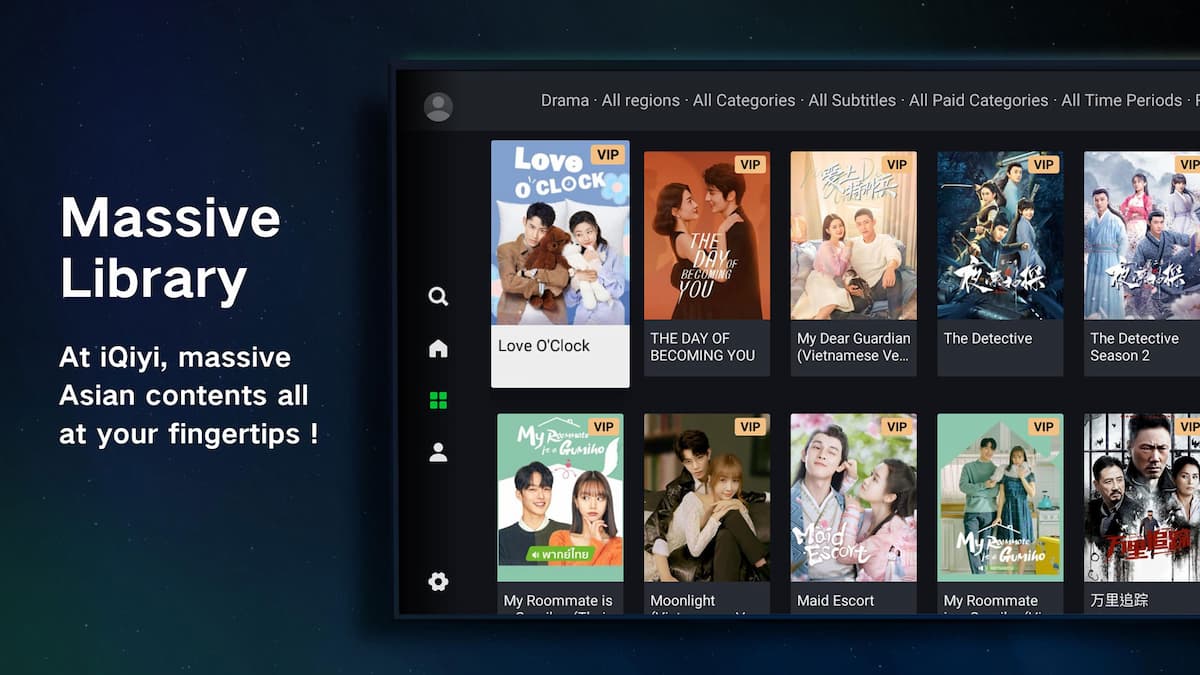LayarHijau – The costume drama Love and Crown recently sparked controversy after receiving a low score of 4.8 on Douban, making it one of the most heavily scrutinized adaptation failures this year. However, before and after the score was revealed, a public debate put the drama back at the center of attention.
The original novel’s author, Xie Lounan, took to social media to voice dissatisfaction with the drama version. The core of the criticism centered on plot changes deemed to deviate significantly from the original intent of her work. In the novel, a scene depicts the female protagonist, Ling Cangcang, “humbling herself to entertain Huan by serving tea,” a moment intended to showcase the contrast between the romantic side and the emotional torture between the two main characters, highlighting both the tenderness and tension in their relationship. The drama version removed this scene, thereby weakening the portrayal of Ling Cangcang’s loyalty and devotion.
Xie Lounan argued that emphasizing the female character’s independence in the drama betrayed the novel’s core value: “love above all else.” This statement sparked a fierce debate, particularly when the author praised the male lead, Ren Jia Lun, for “perfectly embodying the balance between a ruler’s kindness and cruelty,” while singling out the female lead, Peng Xiaoran, whose acting allegedly made her character appear “cold.”
Responding to the controversy, Peng Xiaoran released a lengthy three-point statement. First, regarding the limits of creative responsibility: she asserted that “the main character and the storyline are determined by the production company, and actors have no right to intervene.” She added that prior to shooting, she only received the final script for the first episode, with the rest being revised as the filming process progressed. Actors can only focus on scene-by-scene delivery, without overall control of the story’s logic.
Second, she denied any “internal conflict” during the broadcast period, emphasizing that “the drama is not yet finished, and all parties are on the same side,” to prevent overall quality loss. Third, she rejected placing “moral pressure” on the audience, using the analogy that “no restaurant can force customers to give five stars,” stressing that the work’s quality should be judged independently by viewers.



























